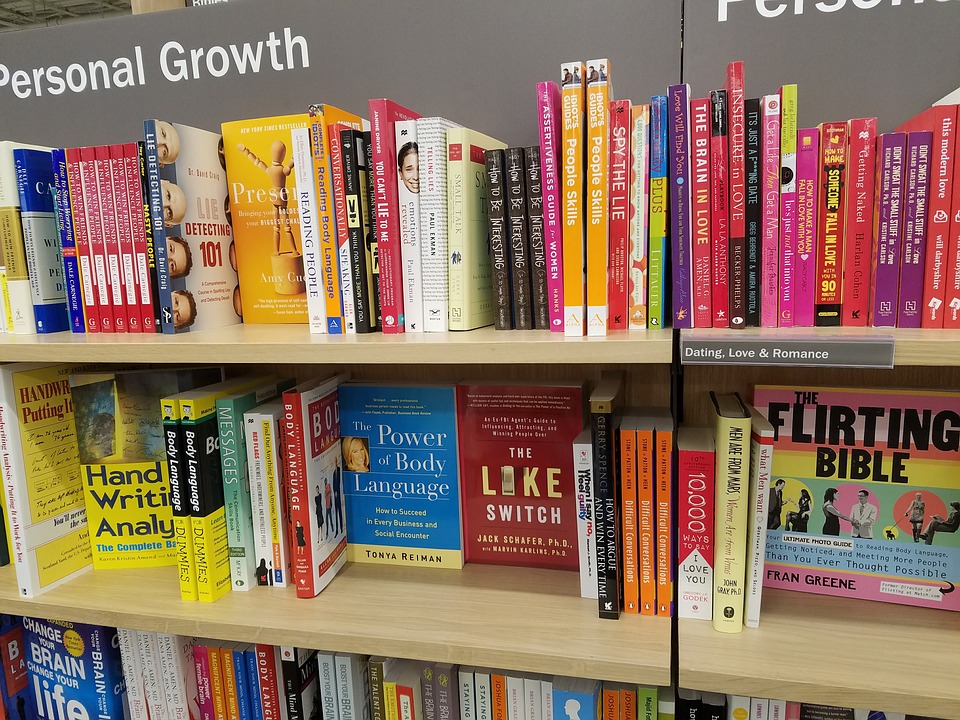I used to love going to the bookstore as a kid. I would run up and down the shelves, looking at adult books I knew would get me into trouble, and laughing at the inappropriate content that I was still too young to understand. My sweet-escape consisted of sitting in the kids’ section, reading the majestic novels (Harry Potter having been my favourite) and evading my own life, completely immersed in that of a fictional character.
I now wish to go back to that time.
We have been called the most apathetic generation in history—us, the scolded millennials, are the scapegoats of a world that is getting crazier by the minute. Sorry Baby-Boomers, but it’s not our fault that Donald Trump is the leader of the free world and sees Twitter as a platform to start beef with North Korea. I mean, these are dire circumstances, and buying a $6 pumpkin spice latte really does serve as an adequate coping mechanism.
We, as a generation, have succumbed to the pressures of society and the expectation that we should have an answer and solution to everything.
Growing up surrounded by the latest and greatest technology is not as glamorous as it sounds—believe me. There is an immense pressure on millennials to constantly improve ourselves, making us increasingly vulnerable and susceptible to changes in the market. I can’t even get through a Tasty video without an ad interrupting it.
While I do believe society has been a tad too hard on the millennial generation, I can put my pride aside and identify what I believe to be the tragic flaw of our generation: our constant and frantic search for answers, answers that are supposedly right at our fingertips. We, as a generation, have succumbed to the pressures of society and the expectation that we should have an answer and solution to everything. The good old days are called the good old days for a reason, and meeting up with your friends in the park to blow off steam just doesn’t cut it in the modern world.
The self-help industry is worth an estimated $11 billion in the United States alone. An industry that claims to help you become better, in every sense of the word, is one that does not know you at all. It is all a bit unsettling. Today, everything is about being better, faster, smarter, and newer. This puts immense strain on the market—everything is a means to an end, and the end is money and greed. Capitalism, folks.
There is so much focus on how mainstream media affects our own perceptions of how we look, but really, we have failed to realize how our minds are constantly manipulated—namely by an industry that claims to enable us in improving ourselves. The industry is pocketing $11 billion (comprised mostly of self-help books), a majority of which are not even written by medical professionals. I barely have enough pocket money to satisfy my daily craving of avocado toast.
The other day I was browsing through the shelves of Paragraphe Bookstore, minding my own business, trying to find an aesthetically pleasing work space where I could find my zen, unplug from the world and pretend to study. As I turn to the sci-fi section, BOOM, I was bombarded by book titles ranging from Dr. Oz’s YOU(r) Teen: Losing Weight to comedian Russell Brand’s Recovery: Freedom from our Addictions.
The last thing we need is the empty, mainstream, exploitative book covers that claim to be able to fix our lives in ten days or less.
The self-help industry has laid a perfect trap. Millennials are being manipulated into believing that self-help books are akin to the compassionate guidance that we are so desperately searching for.
Our generation is also the generation likely to suffer from mental health issues, which makes such exploitation even the more devastating. In the face of mental illness’ prominent rise, the last thing we need is the empty, mainstream, exploitative book covers that claim to be able to fix our lives in ten days or less. Not only does this give us false hope, it also gives us a false sense of compassion—a quality that is already so scarce and absent in a world so shallow and materialistically consumed. This false hope serves as a money-pocketing tactic for the marketization of mental illness.
So stop looking for answers, stop giving this industry what they want, stop proving them right. I can tell you from experience, that the answer to your problems cannot be found in Relationships for Dummies and that, by succumbing to this exploitation, we, as a generation, are taking the easy way out.
We must accept that not everything can be fixed in the flip of a few pages.


